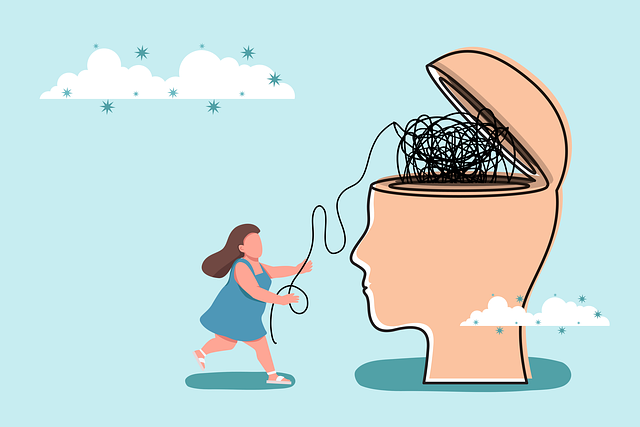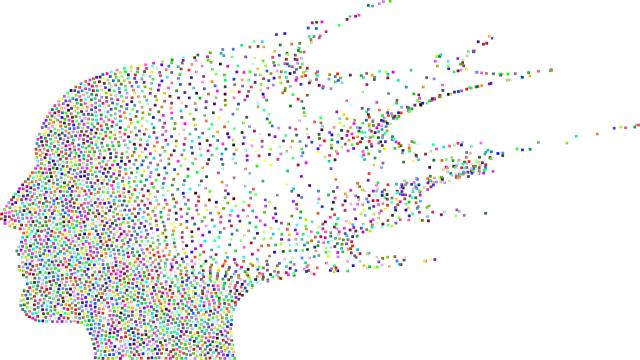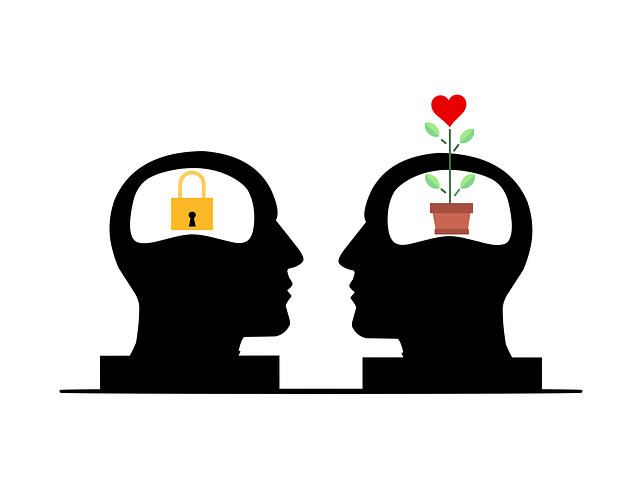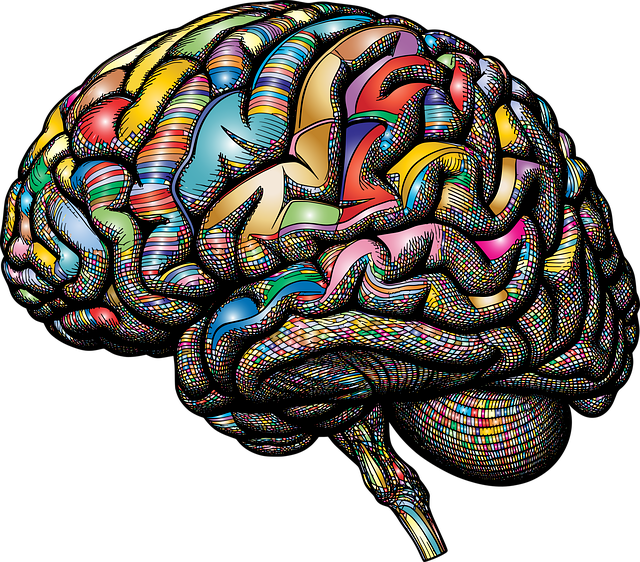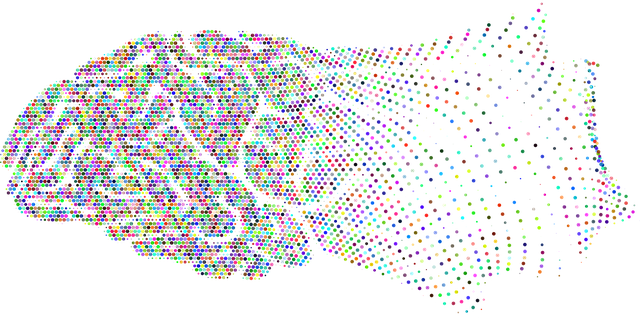In today's fast-paced world, young adults face numerous mental health challenges, often avoiding professional therapy for Young Adults ADD-ADHD due to stigma or lack of awareness. Self-assessment tools and interactive quizzes in a Mental Wellness Podcast Series act as initial guides, promoting early intervention with techniques like stress management, trauma support, and coping mechanisms for those with ADD/ADHD. Effective therapy requires personalized approaches addressing cognitive and emotional needs, including CBT to challenge negative thought patterns and prevent burnout. Integrating self-assessment through digital platforms enhances healthcare providers' understanding and facilitates regular monitoring of mental wellness, fostering a holistic and personalized therapeutic experience.
Mental wellness self-assessment tools play a pivotal role in empowering individuals, especially young adults grappling with Attention Deficit Disorder (ADD) or Attention Deficit Hyperactivity Disorder (ADHD). This article delves into the crucial need for such tools, exploring their potential to enhance therapy outcomes. We examine strategies for designing effective therapy tailored for young adults with ADD/ADHD, focusing on self-assessment as a gateway to personalized support. Furthermore, we discuss integrating these assessments into clinical settings and digital platforms to broaden accessibility.
- Understanding the Need for Self-Assessment Tools in Mental Wellness
- Designing Effective Therapy for Young Adults with ADD/ADHD
- Integrating Self-Assessment into Clinical Practice and Digital Platforms
Understanding the Need for Self-Assessment Tools in Mental Wellness

In today’s fast-paced world, young adults face numerous challenges that can significantly impact their mental wellness. From academic pressures to social media comparisons and the unique demands of adulthood, many individuals struggle with their mental health but may not seek professional help due to stigma or a lack of awareness about available resources. This is where self-assessment tools play a pivotal role. These tools serve as initial points of reference, enabling young adults to gain insights into their emotional well-being and identify areas that require further attention or professional intervention.
Self-assessment tools offer a convenient and accessible way for young adults, especially those who might find therapy intimidating or challenging, to evaluate their mental wellness. For instance, a comprehensive Mental Wellness Podcast Series Production can provide interactive quizzes and exercises tailored to common issues such as stress management and trauma support services. By integrating these resources with features designed for those with ADD-ADHD, self-assessment tools can be highly effective in promoting early intervention and fostering healthy coping mechanisms.
Designing Effective Therapy for Young Adults with ADD/ADHD

Designing effective therapy for young adults with ADD/ADHD requires a tailored approach that considers their unique cognitive and emotional needs. This age group often faces challenges in managing symptoms, balancing academic or work demands, and navigating social interactions. Therapy should be aimed at improving focus, enhancing organizational skills, and teaching coping strategies to mitigate stress and anxiety. Cognitive-behavioral therapy (CBT) has shown promising results, offering tools to challenge negative thought patterns and develop healthier habits.
Cultural sensitivity in mental healthcare practice is paramount when working with young adults, as their experiences are shaped by diverse factors including background, identity, and socioeconomic status. Incorporating culturally responsive interventions ensures that therapy resonates with their lived realities, fostering trust and engagement. Additionally, addressing burnout prevention among both therapists and clients is essential for sustainable treatment outcomes. Effective therapy for ADD/ADHD should promote self-care practices and provide a supportive environment to prevent emotional exhaustion.
Integrating Self-Assessment into Clinical Practice and Digital Platforms

Integrating self-assessment into clinical practice is a powerful strategy to empower young adults navigating therapy for ADD/ADHD. Traditional diagnostic methods often rely on expert observation and standardized tools, but incorporating self-reflection allows individuals to actively participate in their mental health journey. Digital platforms play a pivotal role in this shift, providing accessible and user-friendly interfaces for self-assessment. These online tools can offer structured questionnaires and interactive exercises tailored to various psychological dimensions, including attention, impulsivity, and emotional regulation—crucial aspects of ADD/ADHD management.
By integrating self-assessment into clinical practice, healthcare providers can enhance their understanding of patients’ lived experiences. This approach encourages young adults to develop coping skills and burnout prevention strategies such as compassion cultivation practices. Moreover, digital platforms facilitate regular monitoring of mental wellness, enabling professionals to track progress and adjust treatment plans accordingly, ultimately fostering a more holistic and personalized therapeutic experience.
Mental wellness self-assessment tools play a pivotal role in early detection and tailored therapy for young adults with ADD/ADHD, revolutionizing clinical practice. By integrating these tools into digital platforms, we enhance accessibility and enable personalized support. This approach not only fosters better mental health outcomes but also empowers individuals to take an active role in managing their well-being.


